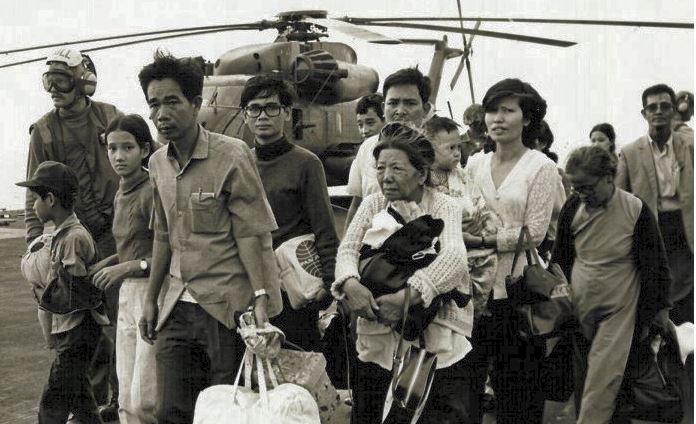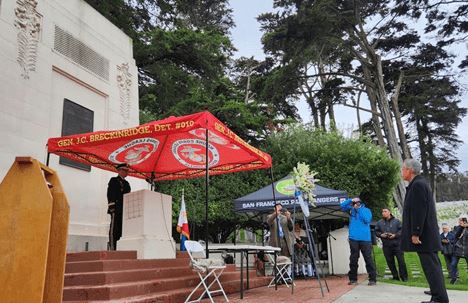In 2012, Oanh Meyer observed that Anh Le, her mother. was beginning to show the first signs of dementia. As Meyer told the Philadelphia Inquirer, her mother, a Vietnamese War refugee, had become paranoid. Reliving her war trauma, Meyer’s mother closed shades and locked doors, guarding against soldiers arriving at their house.
Meyer connected her mother’s war paranoia to her work as a postdoctoral researcher, where she had interviewed numerous caregivers and noted a high prevalence of dementia amongst Vietnamese elders. Convinced that wartime trauma was linked to dementia, she began a deeper study into the topic.
Now, as an associate adjunct professor at the Alzheimer’s Disease Center at US Davis, Meyer has been awarded a $7.2 million grant from the National Institute on Aging to further study the link between trauma and dementia in the Vietnamese community. According to UC Davis, her study, titled the “Vietnamese Insights Into Aging Program” (VIP), will follow 570 Vietnamese elders in the Northern California area. Meyer has partnered with local community organizations, such as Asian Resources, Inc. to further spread the word about the study, which she hopes will provide critical data on a severely understudied population.
“We don’t know anything about the number of Vietnamese people with dementia,” Meyer told the Inquirer. “This would be the first look into what this population looks like.”
The Vietnam War devastated the nation, with a particularly hard toll falling on civilians. Ultimately, an estimated 2 million civilians were killed. Meyer’s mother, who fled only one day before the fall of Saigon, joined the estimated 3 million total Vietnamese citizens who fled as refugees. According to the Migration Policy Institute, the US sponsored the evacuation of around 125,000 refugees from South Vietnam, gradually admitting more migrants over the next few decades. Now, over 1.3 million Vietnamese immigrants, 3% of the total immigrant population, live in America.
LATEST STORIES
Despite the significant population of Vietnamese migrants living in the United States, refugees remain an understudied group. Previous studies which linked dementia and post-traumatic stress disorder (PTSD) focused on American veterans who fought in the war. However, the cognitive effects of war trauma have yet to be studied among the Vietnamese population in the United States, many of whom lived through the war.
Further compounding these issues is the lack of mental health resources and awareness Meyer has observed in the Vietnamese community. Per UC Davis Health, Vietnamese Americans remain an underserved population due to language barriers, low socioeconomic status, and health issues. On the other hand, a lack of awareness about dementia and other mental health issues in the community can isolate patients, as caregivers may dismiss dementia as a normal part of aging.
Meyer’s research focuses on providing culturally informed support and education to address those issues. Her recently published study in the journal Dementia outlines a culturally sensitive intervention program for Vietnamese dementia patients and has received positive feedback from the initial caregiver and patient participants alike. She hopes that further study will allow for more effective treatments to be developed in the future.
“If we can find a link between early-life trauma for the Vietnamese population and dementia, we can get a sense of who might be at risk,” Meyer told UC Davis Health. “We can help those individuals and maybe their family caregivers.”
Though the study will cast critically needed light on the Vietnamese population, in particular, Meyer points out that information about the cognitive impacts of trauma on refugees has become more and more important, especially as the number of refugees from war-torn Afghanistan increases in the U.S.
“There’s such a growing population of refugees continuing to come to the U.S.,” Meyer told the Inquirer. “Being able to understand the Vietnamese experience could help us understand other experiences of refugees, and some of the cognitive health issues that might come up for those populations in the future.”
AsAmNews has Asian America in its heart. We’re an all-volunteer effort of dedicated staff and interns. Check out our new Instagram account. Go to our Twitter feed and Facebook page for more content. Please consider interning, joining our staff, or submitting a story








